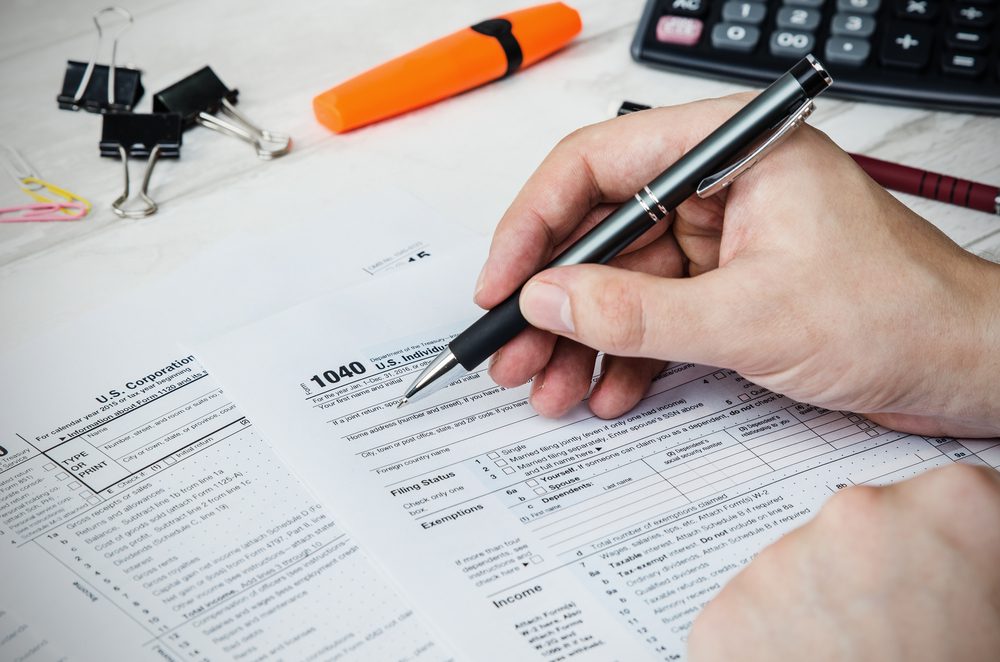As the executor or administrator of a decedent’s estate, your fiduciary relationship to the estate places a lot of responsibility squarely on your shoulders. An executor must make critical decisions for the estate and the beneficiaries in keeping with the law. Filing paperwork in a timely fashion and fulfilling financial and legal obligations are the name of the game when it comes to estate administration, and this includes timely tax filings and payments.
Don’t forget the tax man. Between death taxes on asset values and fiduciary income taxes on the estate’s income, your head might be spinning. There are filing deadlines and tax payments that must be made, and failure to meet these deadlines can be costly, opening up the executor or administrator to penalties and interest.
Today’s post gives you some insight into making sure you are considering all the tax work as you are following the probate process and administering the estate. We want you to realize that you do not have to go it alone.
Do I Have to Pay Estate Taxes in Pennsylvania?
If this is your first time working through estate administration and probate, you are likely wondering how to file estate taxes in Pennsylvania. The good news is that Pennsylvania, unlike some other states, has only one death tax—Pennsylvania Inheritance Tax. That is because the threshold for Federal Estate Tax is now $11,580,000 for decedents dying in 2020. As few estates exceed that value, we will not dwell on Federal Estate Tax in this post. We have other important taxing concerns, like how much Pennsylvania Inheritance Tax is going to be owed? And, what is the source of payment of those taxes? Probably most of it will be owed by the estate prior to distribution, but some inheritance tax may also be owed by the individuals receiving assets that avoided probate but passed directly to a beneficiary.
Our previous blog post on death taxes offers greater detail about inheritance tax, and you can learn more from that article. Additionally, tax issues might include filing the decedent’s final federal and state living income tax returns as well as fiduciary income tax returns on income generated by the estate. And, don’t forget the county wage tax if you have one.
Final living returns for the decedent (1040s and PA 40s) would be for the period January 1 to the date of death with fiduciary income tax returns from the date of death to the end of the tax year for the estate (1041s and PA 41s). As executor, you can select the most advantageous fiscal year for the estate.
Let us help you!
Take the Stress Out of Dealing with Estate Administration Tax Liabilities
Here at May, Herr & Grosh, our knowledgeable probate and estates attorneys work with you to understand the potential tax liabilities associated with an estate or trust for which you are acting as a fiduciary. We can help you identify all of the necessary filings and ensure you have the right information from a legal standpoint to minimize tax liability wherever possible.
As we often write about here on the blog, estate matters can become delayed and complex, and you can end up with an estate that owes a startling amount to the IRS and/or PA Department of Revenue. In such cases, our firm works with you to negotiate with the applicable tax authorities for offers in compromise or to object to incorrect tax bills.
Need help sorting through an estate or trust’s tax liabilities or with any other aspect of probate and estate administration? May, Herr & Grosh is here for you from estate planning through the probate process and beyond.
Get in touch with us today to learn how we can help.



